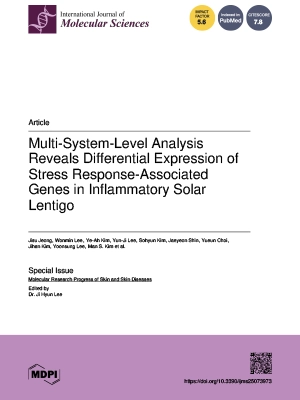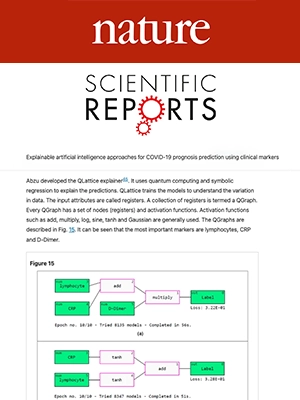Casper Wilstrup, Jaan Kasak.
Abstract.
Machine learning is often applied in health science to obtain predictions and new understandings of complex phenomena and relationships, but an availability of sufficient data for model training is a widespread problem. Traditional machine learning techniques, such as random forests and gradient boosting, tend to overfit when working with data sets of only a few hundred observations. This study demonstrates that for small training sets of 250 observations, symbolic regression generalises better to out-of-sample data than traditional machine learning frameworks, as measured by the coefficient of determination R2 on the validation set. In 132 out of 240 cases, symbolic regression achieves a higher R2 than any of the other models on the out-of-sample data. Furthermore, symbolic regression also preserves the interpretability of linear models and decision trees, an added benefit to its superior generalization. The second best algorithm was found to be a random forest, which performs best in 37 of the 240 cases. When restricting the comparison to interpretable models, symbolic regression performs best in 184 out of 240 cases.
This publication is open access.
Anyone can read, download, distribute, or cite this paper.
You can opt out at any time. We’re cookieless, and our privacy policy is actually easy to read.












